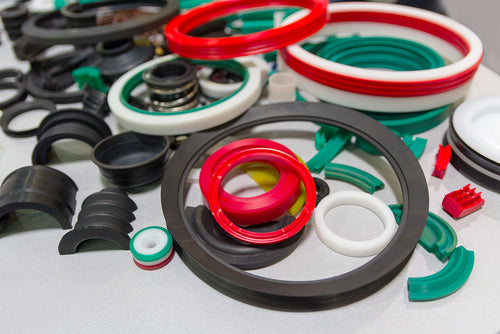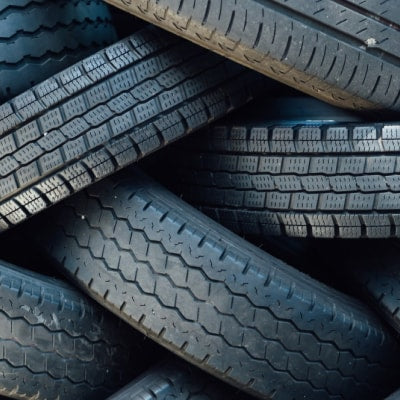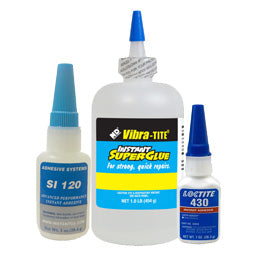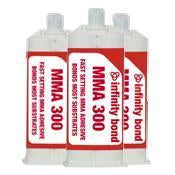Updated August 12, 2024
When you need to adhere two or more surfaces together, it is not always as easy as grabbing whatever type of glue you have close by. Different materials require vastly different adhesives, and using the wrong one could cause serious problems.
Bonding rubber is notably difficult compared to some other adhesives. It comes in many different forms and is used in a wide range of applications requiring diverse electrical, thermal, chemical, and physical properties. To get the strongest, lasting bond, you need to choose the best rubber adhesive for the job.
The Best Rubber Glue for Different Rubbers
When determining which glue for rubber to use, you need to take into account the type of rubber you are bonding. There are numerous types of rubber on the market, and some are more common than others.
Some rubbers that you are most likely to encounter include nitrile rubber, butyl rubber, polyurethane rubber, silicone rubber, EPDM rubber, and natural rubber. There are countless others, too, but these are the ones we see most often in our daily lives in the form of things like hoses, gaskets, inner tubes, seals, etc.
In general, cyanoacrylate adhesives are the best glue for rubber bonding, including many different types of rubbers. More commonly known as super glue, this product cures in just seconds and lets you know quickly whether or not the bond will hold. When applying, only a tiny drop is needed and just make sure both surfaces are squeezed together tightly. If the bond fails quickly, you may be dealing with one of the more challenging types of rubber, such as silicone rubber or natural rubber.
For natural rubber or EPDM, try using a specialist cyanoacrylate such as ASI RP Series Cyanoacrylate Super Glue. This product provides strong adhesion for most substrates but is a good glue for rubber and plastic. If you are working with silicone rubber, you will need to use a primer before applying the adhesive.
How to Glue Rubber
No matter what type of rubber you are working with, properly preparing it is the first step to a successful bond. Start by performing a thorough solvent degrease to remove things like slip additives, mold release, and other processing lubricants. A quick wipe with isopropanol is usually your best bet, as acetone may be too strong for certain types of rubber. While properly cleaning the surfaces increases your chance of a successful bond, sometimes a different glue for rubber is needed.
After proper adhesive surface preparation comes the actual bonding process. You typically only need a small amount of adhesive applied to one of the substrates. Push the two substrates together, and the bond should set quickly. For best results, always follow the application recommendations from the manufacturers.
Bonding Rubber to Other Substrates
Bonding rubber to rubber together can be challenging enough, but bonding rubber to something else can be even harder. The best adhesive for rubber to rubber bonding is likely not the best choice to bond rubber to another material. When you need to glue rubber to plastic, metal, glass, or another substrate, you need to consider the properties of each and your ultimate goal.
While cyanoacrylates are often the best glue for rubber bonding, they cannot always be used on some plastics as they can eat through the material. A specialty product like the 3M™ PR1500 that is a plastic to rubber adhesive may be required.
When bonding rubber to plastic or another material, epoxy adhesives also tend to be good choices. They effectively allow you to bond rubber to plastic, metal, or glass. For smaller projects, fast-curing silicone compounds are another option.

Need More Help?
The best glue for rubber will depend on a variety of factors. A good rubber glue for one application may not work for another application. To avoid using the wrong adhesive for your job, we want to help.
At Gluegun.com, we not only stock numerous plastic adhesives for a wide range of applications, but also we have experts on hand to provide recommendations for your specific needs. Contact us today.












